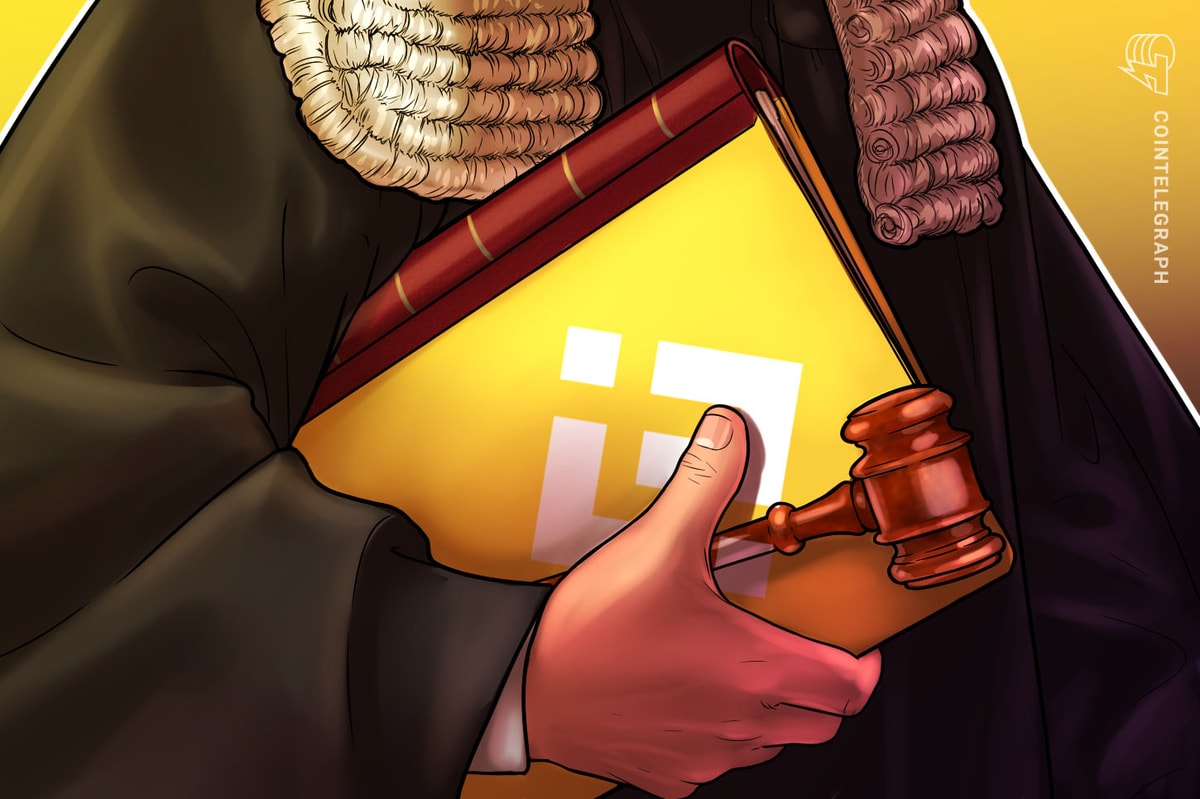
Blockchain technology has been a huge topic of conversation at this year’s World Economic Forum in Davos, Switzerland, and the subject was brought up by TechCrunch’s Matt Burns during a panel that featured TransferWise co-founder and CEO Taavet Hinrikus and MasterCard President of International Markets Ann Cairns. Both participants on the panel seemed to agree with the popular sentiment of dismissing Bitcoin while embracing its underlying technology, and Cairns even stated that MasterCard is testing the blockchain in its labs.
At one point during the panel discussion, Hinrikus questioned whether MasterCard could eventually be disrupted by blockchain technology.
MasterCard Doubts Bitcoin Longevity
When Matt Burns brought up the topic of Bitcoin, Cairns was quick to dismiss the digital cash system. She started by criticizing Bitcoin’s usefulness as a currency:
“I absolutely see a future for blockchain,” she said. “Bitcoin is just something that uses blockchain, and I don’t think the current construct of Bitcoin particularly has longevity. It behaves more like a commodity than a currency.”
The MasterCard official then took aim at the transaction speeds on the Bitcoin network. Although Bitcoin transactions are broadcast instantly, it takes an average of five minutes for a transaction to be confirmed in a block (a new block is mined every 10 minutes).
“It’s very slow,” Cairns said. “I mean, you read a lot of stuff in the press, but right now, it takes about 10 minutes to do a transaction. Imagine you’re waiting for a train. Do you just want to go through the barrier and tap your card, or do you want to wait 10 minutes for your bitcoins?”
Although Cairns claims about confirmation times are true, there are a number of workarounds for this problem currently in development. Off-chain solutions, such as Stash and the Lightning Network, currently hold the most promise in this area. There are also plenty of options for merchants to accept unconfirmed transactions.
In addition to her points on the technical workings of Bitcoin, Cairns also discussed the issue of the cryptocurrency’s association with Silk Road and other controversial use cases.
MasterCard Testing Blockchains
When asked about blockchain technology, as opposed to Bitcoin specifically, Cairns’ tone completely changed.
“We’re looking at blockchain right now in all sorts of different ways in our labs because we think blockchain is basically a value transfer system,” she said. “It’s pretty neat, actually. There’s nothing wrong with using new algorithms to actually move money. We think that’s a great thing; it’s just how you actually manifest it and make it work, along with the way you have to handle all of the world’s regulations to make it effective, safe and fast, that is the issue.”
Although Digital Currency Group (DCG) founder Barry Silbert is quite bullish on bitcoin as a currency, that didn’t stop MasterCard from investing in the Bitcoin-focused investment company late last year. MasterCard Chief Innovation Officer Garry Lyons recently told Business Insider, “[DCG] is connected to 15 different others and they have their fingers in the right pies, so we’ve got the right engagement right now to see people experimenting with the underlying tech.”
TransferWise CEO Questions MasterCard President
Much like MasterCard’s Cairns, TransferWise CEO Taavet Hinrikus is more interested in blockchain technology than Bitcoin. In fact, he thinks MasterCard should, perhaps, be worried about this new innovation.
“With blockchain, I think that’s much more exciting,” Hinrikus said during the panel. “I wonder – could we see a world where blockchain disrupts MasterCard?”
Cairns responded that MasterCard would simply adopt blockchain technology if it were that disruptive. “That’s why we’re looking at it,” she said.
The MasterCard president added that the company does not care much about the technology behind payments as long as people continue to use their network.
“It doesn’t make any difference to us if we’ve incorporated it into part of the way we move money [around] our network, the actual swiping, tapping or sending a message over a phone or computer; it’s just a form factor. That doesn’t matter,” she said. “It’s the interconnectivity that matters and the safety and security.”
Any company involved in payments, banking or other aspects of finance now has the blockchain on its radar, but only a handful of them are interested in Bitcoin’s public, open and permissionless ledger. The interoperability between Bitcoin and permissioned ledgers will be a trend to watch in the coming years.
Kyle Torpey is a freelance journalist who has been following Bitcoin since 2011. His work has been featured on VICE Motherboard, Business Insider, RT’s Keiser Report, and many other media outlets. You can follow @kyletorpey on Twitter.
Photo World Economic Forum / Creative Commons










